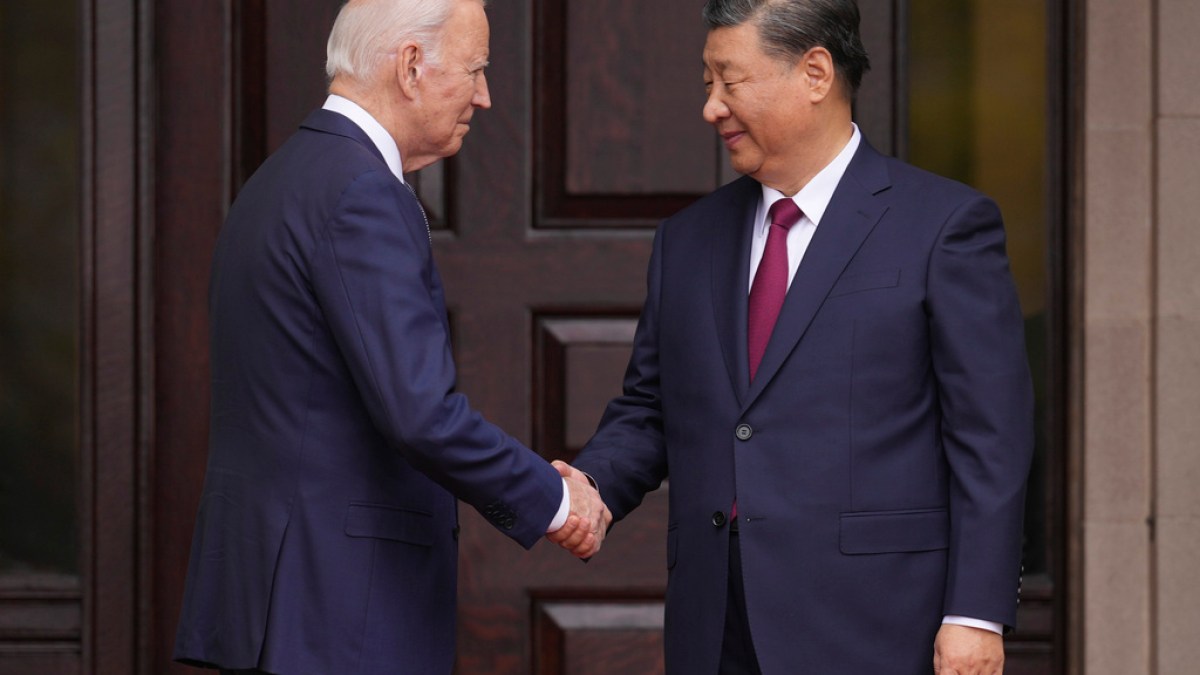UN aid team reaches stricken north, confirms ‘shocking’ disease and hunger — Global Issues

UN aid team reaches stricken north, confirms ‘shocking’ disease and hunger — Global Issues

The UN’s top aid official in the Occupied Palestinian Territory, Jamie McGoldrick, reached Kamal Adwan hospital in Beit Lahia on Thursday, where children with the most severe and life-threatening hunger are being treated at a new World Health Organization (WHO)-supported specialised feeding facility.
“Without swift treatment, these children are at imminent risk of death,” UN aid coordination office, OCHA, said, in a call for all parties to the conflict to respect the laws of war and international humanitarian law. “Civilians and the infrastructure they rely on – including hospitals – must be protected,” the UN agency insisted.
Fuel and medical supplies were delivered to Kamal Adwan hospital, “but aid is just a trickle”, said the UN agency for Palestinian refugees, UNRWA. “Food needs to reach the north NOW to avert famine,” it said in a post on X.
In a related development, media reports indicated that the Israeli military raid at Al Shifa Hospital in Gaza City was continuing for a fifth straight day.
Al Shifa – which is Gaza’s largest health centre – only recently restored “minimal” services, OCHA said, adding that “hostilities in and around the facility” have put patients, medical teams and treatment in jeopardy.
“People in Gaza – particularly in the north – are experiencing shocking levels of disease and hunger. We and our humanitarian partners continue to do everything we can to meet the overwhelming needs of the civilian population,” OCHA insisted.
In a video on X, OCHA Head of Sub-Office in Gaza, Georgios Petropoulos, underscored the difficulties of accessing northern Gaza with food or medical supplies, because of ongoing aid constraints.
To reach the north from the south, aid teams have to pass through Israeli military checkpoints that cut the Strip in two.
“One of the biggest problems we have in Gaza is the inability to get between north and south Gaza,” Mr; Petropoulos said, describing how on a recent mission finding 75 to 80-year-old man alone and “covered with dust”, sitting down in the road. “We picked him up, we gave him some water, we put him in the back of our car and just drove him a few hundred metres up the road until we found a family of people that were on the street.”
“We’re calling on everyone to respect civilians trying to flee war,” Mr. Petropoulos said.
Echoing that message, OCHA reiterated that aid teams continue to be “repeatedly prevented from doing our job, especially in the besieged north”.
Ongoing violence “unceasing bombardments” and the collapse of civil order in addition to access constraints “continue to impede the humanitarian response”, the UN aid coordination office insisted.
“With hostilities now in their sixth month – and Gaza moving ever closer to famine – we must flood Gaza with aid.”
Meanwhile, the UN Security Council prepared to gather on Friday to vote on a U.S.-led resolution highlighting “the imperative of an immediate and sustained ceasefire” in Gaza and the release of all remaining hostages, along with the delivery of essential humanitarian assistance.
Previously, US delegations have blocked attempts to pass a ceasefire resolution at the 15-member body, whose primary task is to maintain or restore international peace and security.
The development comes amid continued and growing international pressure for a ceasefire in the Gaza Strip and ramped up aid access for humanitarian missions, particularly to northern governorates, where food insecurity experts warned this week that famine could happen “anytime”.
Ahead of the UN Security Council meeting scheduled for 9am in New York, U.S. Secretary of State, Antony Blinken, said that the latest draft of the resolution included the call for “an immediate ceasefire tied to the release of hostages.”
The top US diplomat was speaking in Egypt during his latest tour of the Middle East as indirect negotiations on a possible deal continue between Israel and Hamas, brokered by the U.S, Egypt and Qatar. Mr. Blinken said an agreement was “very much possible”.
On the humanitarian front, reports cited that the U.S. was continuing its efforts to build a landing pontoon to deliver aid delivery to Gaza by sea. The construction could be ready before 1 May, a senior U.S. official was cited as saying.




